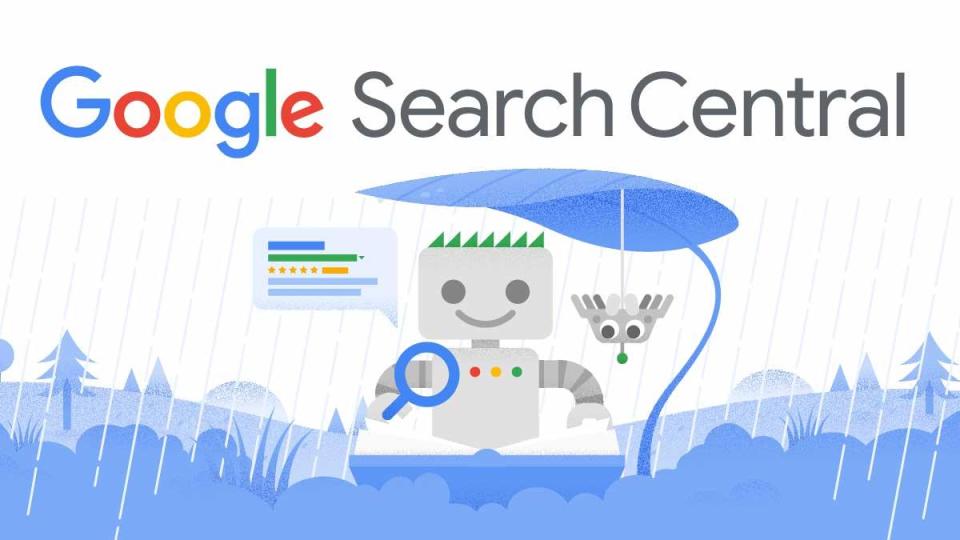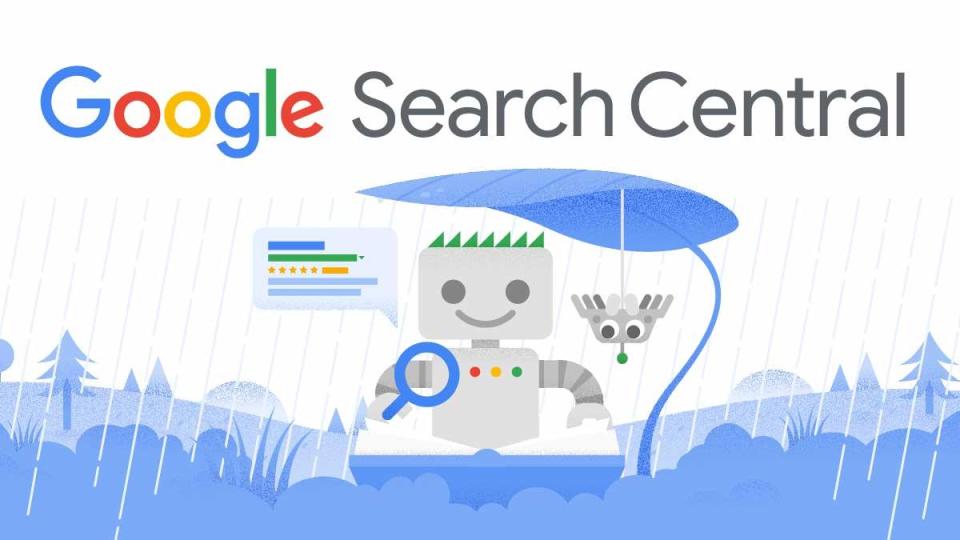
Thursday, November 2, 2023
Google Search regularly updates our search ranking systems to ensure we’re showing the most relevant, helpful content that we can. We’ve had a series of notable updates we’ve shared about in the past few weeks, and we have two for this month. Given this, it’s a good time to share some reminders in a Q&A format about how we do updates, why we share about them, and what (if anything) creators need to consider when one happens.
What updates are coming this month?
We’ve announced that the November 2023 core update is rolling out, starting today. Why another so soon after the October 2023 core update? We have different systems that are considered core to our ranking process; this month’s core update involves an improvement to a different core system than last month. However, our guidance about core updates is the same for both.
We expect an update to our reviews system to start rolling out next week. That will also mark a point when we’ll no longer be giving periodic notifications of improvements to our reviews system, because they will be happening at a regular and ongoing pace. We’ll be updating our page about the system to reflect this; we’ll also update that page if the system evolves in some notable way, such as covering more languages. Those who do reviews should read our guidance and stay focused on that over time.
What’s the difference between a ranking system and an update?
Ranking systems are what we use to generate search results. We use multiple ranking systems that do different things. We have a guide to Google search ranking systems that explains some of our more notable ones. Updates are when we make an improvement to a ranking system.
Why does Google do updates?
We use automated systems to rank search results, and like anything, these aren’t perfect. We’re always looking at ways to improve these systems to show better results. Our blog post from 2021 is still useful in explaining more about this: How we update Search to improve your results.
Are you doing more updates than in the past?
We update Google Search thousands of times per year. We don’t share about all these updates, because many of them are relatively small and make incremental changes. We do share about updates we think are notable. We shared 10 updates in 2021, another 10 updates in 2022, and expect about the same in 2023.
What should I do if there’s an update?
If there’s an update, chances are, there’s nothing to do for most creators who have already been working to create helpful, reliable, people-first content. That’s what our systems seek to reward. Those doing so will largely seek updates come and go without notice, or they might find themselves performing better in search.
If a particular update happens, and you notice a change in traffic, look closely at the guidance we provide specific to that update. The Google Search Status Dashboard will link to this guidance. Review to see if there are improvements you should make.
If my traffic drops after an update, does that mean I’m spamming?
If you see a change after a non-spam update, it’s not a spam issue. However, there might be other non-spam content issues to consider.
If you saw a change after a spam update, our systems might have determined you were spamming or perhaps discounting spam links that might have benefited your site. Learn more on our page about Google Search spam updates.
What updates do you share about?
We share when we think an update might be notable in some way, to give guidance in case sites see changes.
We share notable updates through our Google Search Status Dashboard. You can see if an update is currently rolling out, subscribe to our updates RSS feed to be alerted, and view historical information.
Why do you sometimes have notable updates that overlap?
We do try to separate notable updates, so that if they produce changes, site owners can better identify which system is involved. However, given we have so many updates overall, it’s not always possible. In addition, when an update is evaluated and approved because it will make Search better, we don’t want to hold that back.
We do try to avoid having updates during the late-November to mid-December period when possible. But it’s not always possible. If we have updates that can improve Search, that have been developed over the course of several months, we release them when they’re ready.
How do you know that an update really works to make things better?
We put all possible changes to Search through a rigorous evaluation process to analyze metrics and decide whether to implement a proposed change. Learn more about this process here on the How Search Works site.
If you have any questions or concerns, feel free to post in the Google Search Central Community, to discuss with other experts.



